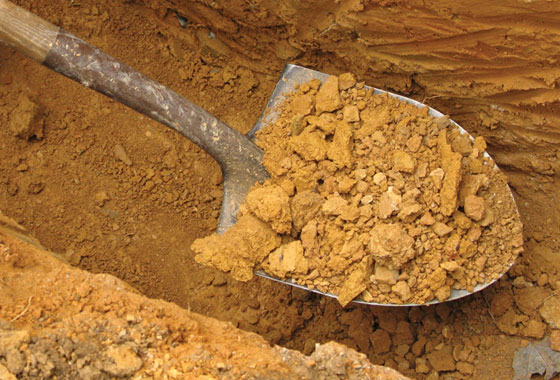
Investigations
Fighting valley fever
Medical mycologists from the South Texas Center for Emerging Infectious Diseases and the UTSA Department of Biology have significantly advanced the fight against San Joaquin Valley Fever, commonly called valley fever, a respiratory infection of humans caused by the Coccidioides fungus. For the first time, the researchers have genetically engineered a live, attenuated vaccine that protects mice against the illness, known in scientific circles as coccidioidomycosis. A live, attenuated vaccine is a mutated form of the pathogen no longer capable of causing disease, so it can be used as a preventative.
Coccidioides, a soil-dwelling fungus, is responsible for the significantly increased numbers of respiratory infections among outdoor workers when compared to the general population. Additionally, people with compromised T-cell immunity, the elderly, and certain ethnic groups such as African Americans and Filipinos who live in the southwestern U.S., have an increased incidence of the infection’s symptoms, caused by the inhalation of Coccidioides spores. Although less than 1 percent of infected individuals experience severe symptoms, such as chronic-progressive pneumonia or meningitis, the incidence of reported primary pulmonary infection cases in Arizona and California has significantly increased in the last decade.
"Respiratory infections caused by Coccidioides tend to escape the radar of most large pharmaceutical companies, because only about 100,000 cases are reported each year," said Garry Cole, who holds the Margaret Batts Tobin Distinguished Chair in Biotechnology and is the study’s principal investigator. "But, when I look at 100,000 cases, I see 100,000 faces looking back at me."
-Christi Fish
